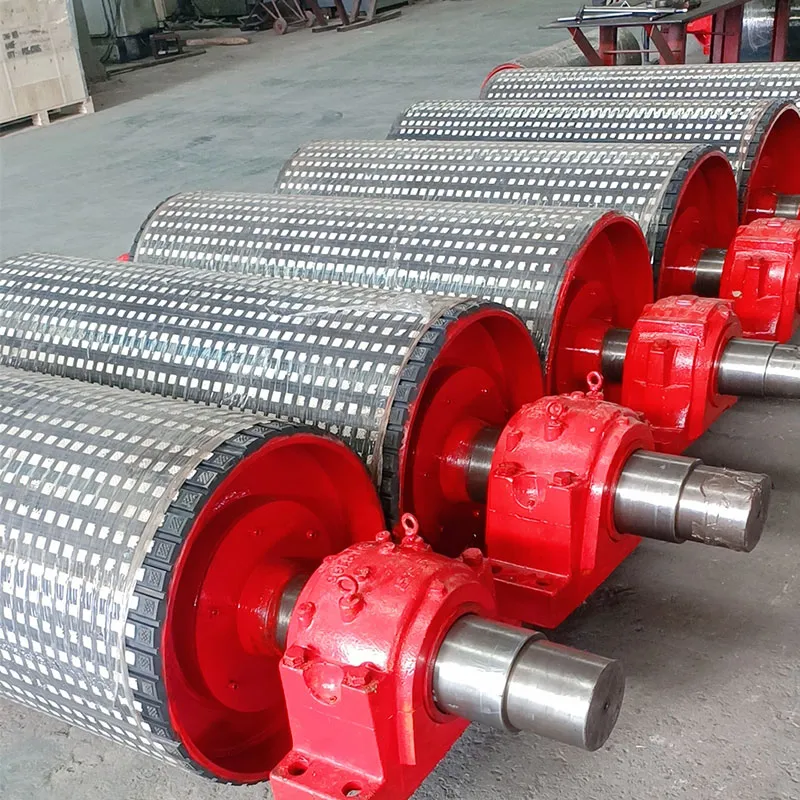 Afrikaans
Afrikaans  Albanian
Albanian  Amharic
Amharic  Arabic
Arabic  Armenian
Armenian  Azerbaijani
Azerbaijani  Basque
Basque  Belarusian
Belarusian  Bengali
Bengali  Bosnian
Bosnian  Bulgarian
Bulgarian  Catalan
Catalan  Cebuano
Cebuano  Corsican
Corsican  Croatian
Croatian  Czech
Czech  Danish
Danish  Dutch
Dutch  English
English  Esperanto
Esperanto  Estonian
Estonian  Finnish
Finnish  French
French  Frisian
Frisian  Galician
Galician  Georgian
Georgian  German
German  Greek
Greek  Gujarati
Gujarati  Haitian Creole
Haitian Creole  hausa
hausa  hawaiian
hawaiian  Hebrew
Hebrew  Hindi
Hindi  Miao
Miao  Hungarian
Hungarian  Icelandic
Icelandic  igbo
igbo  Indonesian
Indonesian  irish
irish  Italian
Italian  Japanese
Japanese  Javanese
Javanese  Kannada
Kannada  kazakh
kazakh  Khmer
Khmer  Rwandese
Rwandese  Korean
Korean  Kurdish
Kurdish  Kyrgyz
Kyrgyz  Lao
Lao  Latin
Latin  Latvian
Latvian  Lithuanian
Lithuanian  Luxembourgish
Luxembourgish  Macedonian
Macedonian  Malgashi
Malgashi  Malay
Malay  Malayalam
Malayalam  Maltese
Maltese  Maori
Maori  Marathi
Marathi  Mongolian
Mongolian  Myanmar
Myanmar  Nepali
Nepali  Norwegian
Norwegian  Norwegian
Norwegian  Occitan
Occitan  Pashto
Pashto  Persian
Persian  Polish
Polish  Portuguese
Portuguese  Punjabi
Punjabi  Romanian
Romanian  Russian
Russian  Samoan
Samoan  Scottish Gaelic
Scottish Gaelic  Serbian
Serbian  Sesotho
Sesotho  Shona
Shona  Sindhi
Sindhi  Sinhala
Sinhala  Slovak
Slovak  Slovenian
Slovenian  Somali
Somali  Spanish
Spanish  Sundanese
Sundanese  Swahili
Swahili  Swedish
Swedish  Tagalog
Tagalog  Tajik
Tajik  Tamil
Tamil  Tatar
Tatar  Telugu
Telugu  Thai
Thai  Turkish
Turkish  Turkmen
Turkmen  Ukrainian
Ukrainian  Urdu
Urdu  Uighur
Uighur  Uzbek
Uzbek  Vietnamese
Vietnamese  Welsh
Welsh  Bantu
Bantu  Yiddish
Yiddish  Yoruba
Yoruba  Zulu
Zulu conveyor idlers
Understanding Conveyor Idlers Their Role and Importance in Material Handling
Conveyor idlers are critical components in conveyor systems, which are widely used in various industries for transporting materials efficiently. These idlers play a crucial role in supporting the conveyor belt and ensuring smooth operation. There is much to understand about conveyor idlers, including their types, functions, and importance in material handling.
What are Conveyor Idlers?
Conveyor idlers are cylindrical rollers mounted on frames that support the weight of the conveyor belt and the materials being transported. They are typically positioned at intervals along the conveyor's length and can be found in various configurations, designed to accommodate different operational needs. Idlers help to minimize friction, reduce wear on the conveyor belt, and enhance the overall efficiency of the system.
Types of Conveyor Idlers
There are several types of conveyor idlers, each designed for specific applications
1. Plain Idlers These are simple, straight rollers that provide support for the belt. They are commonly used in standard belt conveyors and are the most basic type of idler.
2. Training Idlers Also known as self-aligning idlers, these are designed to keep the conveyor belt centered. They help to prevent the belt from drifting off-track, which can lead to increased wear and potential damage.
3. Impact Idlers Positioned near the loading zone, impact idlers are designed to cushion the load when materials are deposited on the conveyor belt. They help to absorb shocks and reduce the risk of damage to the belt.
4. Return Idlers These idlers support the conveyor belt as it returns to the loading point after transporting materials. They are crucial for maintaining the stability and alignment of the belt during its return journey.
5. Specialty Idlers These include a range of custom-designed rollers for specific applications, such as those in extreme environments, requiring additional protective features.
The Functions of Conveyor Idlers
conveyor idlers

The primary functions of conveyor idlers include
- Support Idlers provide structural support to the conveyor belt, helping to carry the weight of the transported materials.
- Minimizing Friction By facilitating smooth movement of the conveyor belt, idlers reduce the friction between the belt and the frame, resulting in lower energy consumption and increased efficiency.
- Increasing Belt Life Properly designed and functioning idlers help to distribute the tension across the belt, reducing wear and extending its lifespan.
- Stabilization Idlers assist in keeping the belt aligned, preventing issues such as belt drift or misalignment, which can lead to costly downtime and repairs.
Importance in Material Handling
In material handling systems, conveyor idlers are essential for maintaining operational efficiency. Their design and quality directly influence the performance of the entire conveyor system. For industries that rely on conveyors for transporting bulk materials—such as mining, agriculture, and manufacturing—efficient idler performance can lead to significant cost savings.
Companies that invest in high-quality idlers are more likely to experience reduced maintenance costs, fewer operational disruptions, and greater overall productivity. Conversely, poorly designed or worn-out idlers can lead to belt misalignment, increased wear, and potential failures—resulting in costly downtime.
Moreover, the selection of the right idler type for specific applications cannot be underestimated. Factors such as the type of materials being carried, the conveyor's design, and the operating environment all play a role in determining the most suitable idlers to use.
Conclusion
Conveyor idlers may be small in size, but their impact on material handling operations is significant. By understanding their types, functions, and importance, businesses can make informed decisions regarding their conveyor systems. Investing in high-quality conveyor idlers ensures smoother operations, reduced maintenance costs, and prolonged equipment life, ultimately contributing to a more efficient and productive workplace. As industries continue to evolve and demand innovative solutions for material handling, conveyor idlers will remain a vital component in ensuring success.
-
Revolutionizing Conveyor Reliability with Advanced Rubber Lagging PulleysNewsJul.22,2025
-
Powering Precision and Durability with Expert Manufacturers of Conveyor ComponentsNewsJul.22,2025
-
Optimizing Conveyor Systems with Advanced Conveyor AccessoriesNewsJul.22,2025
-
Maximize Conveyor Efficiency with Quality Conveyor Idler PulleysNewsJul.22,2025
-
Future-Proof Your Conveyor System with High-Performance Polyurethane RollerNewsJul.22,2025
-
Driving Efficiency Forward with Quality Idlers and RollersNewsJul.22,2025





























